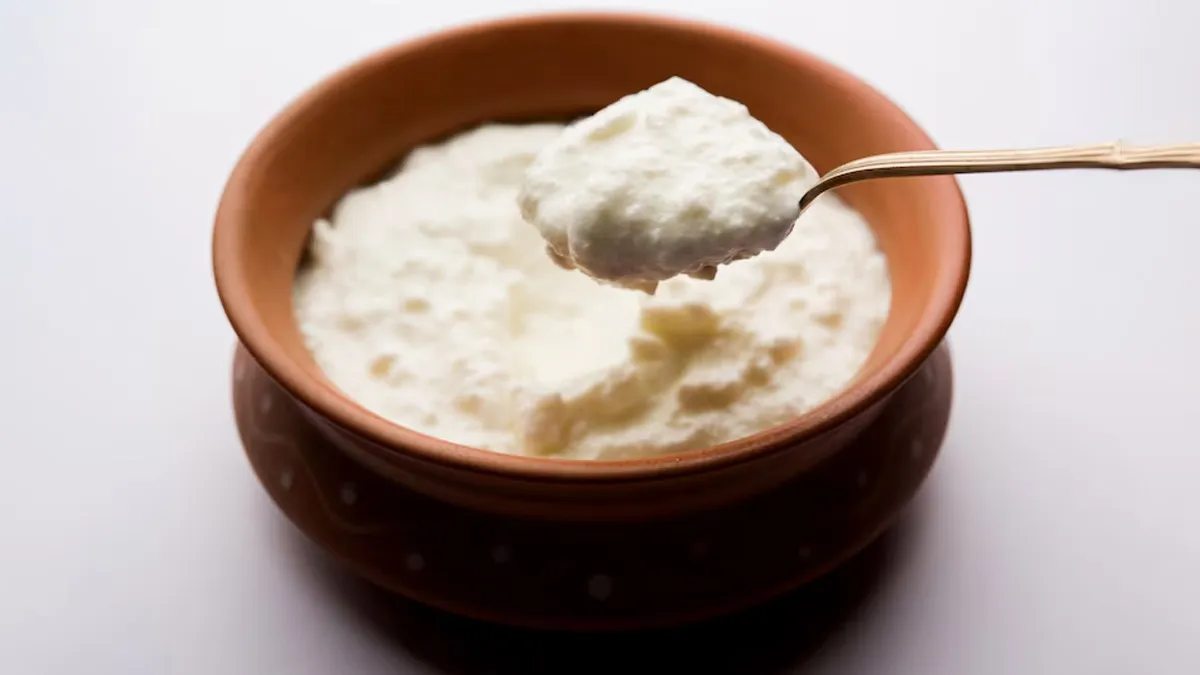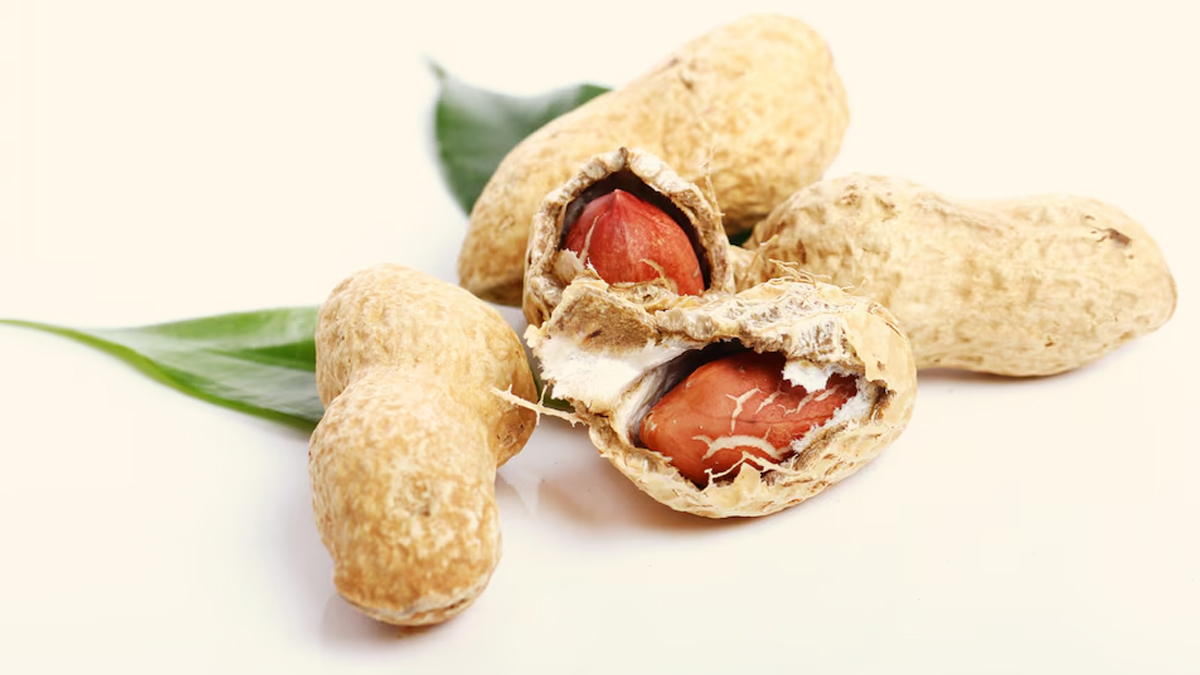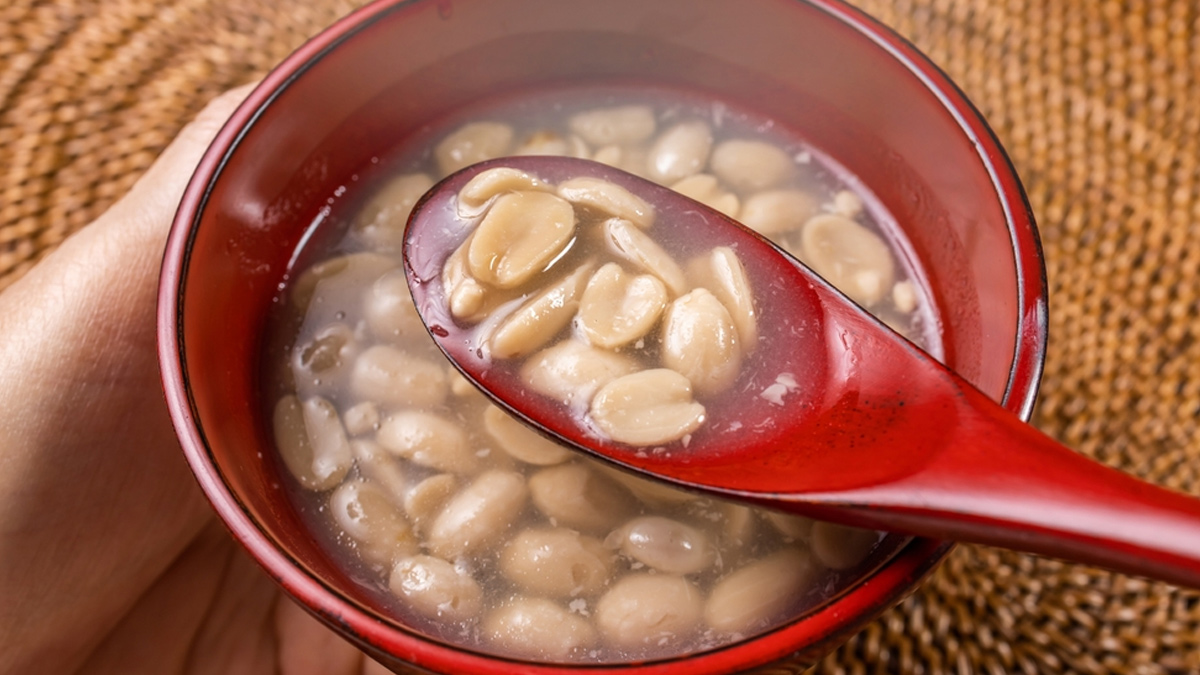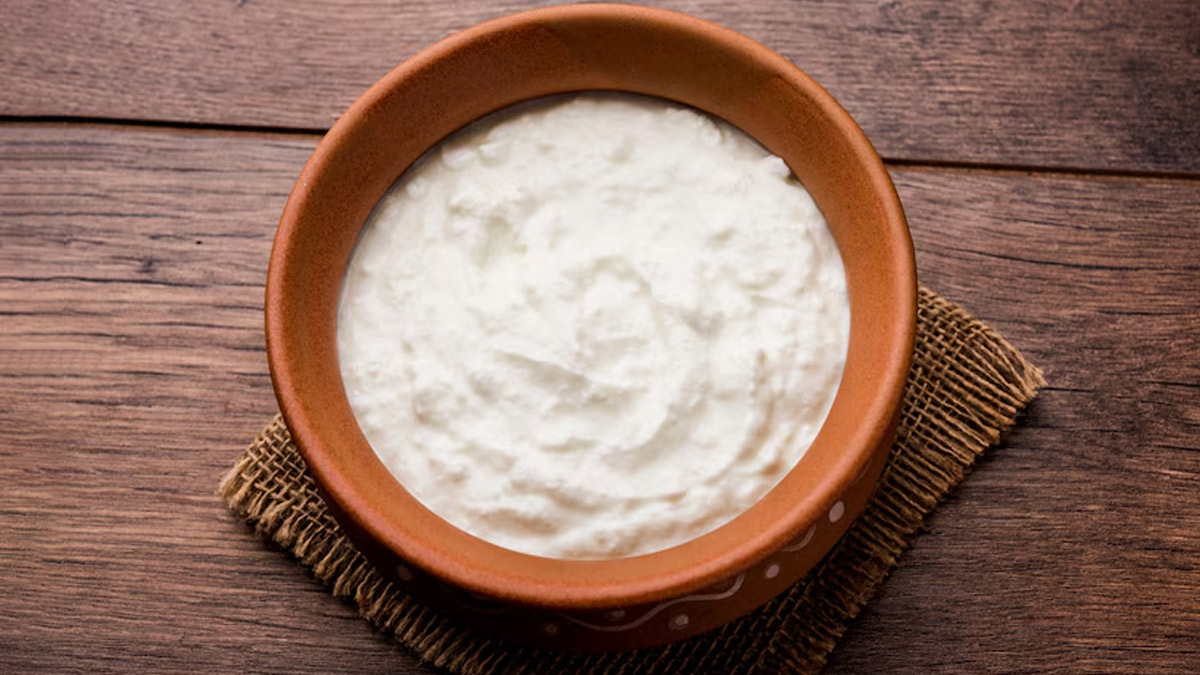
For many vegans, curd (or yoghurt) is often a difficult food to replicate. Traditionally made from dairy, curd has long been a staple in various cuisines, known for its rich texture, tangy flavour, and health benefits. However, with growing awareness about the ethical, environmental, and health reasons for adopting a plant-based lifestyle, dairy curd is no longer a suitable option. If you’re looking to adopt veganism but aren’t able to leave that bowl of curd you take with your daily meals, we have an excellent substitute for you. With a bit of creativity, you can recreate that creamy, tangy sensation with an exciting alternative, peanut curd.
Peanut curd, made from a simple combination of peanuts and plant-based ingredients, offers a vegan-friendly substitute for traditional curd. It’s not only easy to make but also packed with nutrients that make it a beneficial addition to your diet. If you’ve been struggling to find curd replacements or are just looking to diversify your vegan meals, this might just be the perfect solution.
What is Peanut Curd?
Peanut curd is a plant-based alternative made by fermenting peanuts, creating a creamy, tangy product similar to dairy curd. To make it, raw peanuts are blended with water to form a smooth paste, which is then fermented using natural probiotics, like those from coconut water or a little bit of vegan curd starter. The fermentation process is essential, as it not only gives the curd its signature tang but also boosts its probiotic content.
How to Make Peanut Curd

Here’s a simple recipe to get you started:
Ingredients:
- 1 cup raw peanuts
- 2 cups water
- 1 tablespoon lemon juice (for added tang)
- 1-2 tablespoons of a vegan curd starter or a tablespoon of coconut water (optional)
- A pinch of salt (optional)
Instructions:
- Soak the peanuts overnight or for at least 6 hours to soften them.

- Drain the peanuts and blend them in a blender with water to form a smooth, creamy paste.
- Add a tablespoon of lemon juice for extra tang and a pinch of salt for flavour, blending them in well.
- Pour the paste into a clean container, cover it, and leave it to ferment for 12-24 hours, depending on the ambient temperature. The longer it ferments, the tangier it becomes.
- Once it’s reached your desired consistency and taste, your peanut curd is ready to enjoy!
- You can store your peanut curd in the refrigerator for up to a week, where it will continue to thicken.
Also read: Here Are Reasons Why You Should Choose Peanut Butter Over Butter
Benefits of Peanut Curd

Rich in protein: Peanuts are an excellent source of plant-based protein. According to the US Department of Agriculture, a 100 grams of peanuts provides a healthy dose of protein, which is crucial for muscle repair, immune function, and overall well-being, especially for those following a vegan diet.
Packed with healthy fats: Studies show that peanuts contain healthy unsaturated fats that are beneficial for heart health. These fats help to lower bad cholesterol levels and maintain optimal cholesterol balance in the body, reducing the risk of cardiovascular diseases.

Good for bone health: While traditional dairy curd is a well-known source of calcium, peanuts contain magnesium and phosphorus, both of which contribute to bone health and help in the absorption of calcium. This makes peanut curd an excellent option for vegans looking to maintain strong bones.
Vegan and allergy-friendly: As a plant-based option, peanut curd is not only dairy-free but also suitable for individuals who are lactose intolerant or allergic to cow’s milk. It’s also a great alternative for those with soy allergies, as it’s made from peanuts rather than soybeans.
Probiotics for gut health: The fermentation process involved in making peanut curd introduces probiotics, beneficial bacteria that support a healthy gut microbiome. Consuming probiotic-rich foods like peanut curd can improve digestion, reduce bloating, and boost overall gut health.

High in antioxidants: According to the National Institute of Health, peanuts are rich in antioxidants like resveratrol, which are known to protect the body from oxidative stress and inflammation. This makes peanut curd a beneficial addition to your diet, helping to combat free radicals and support overall health.
Also read: What Are Benefits and Risks Of Peanut Consumption
Supports weight management: Due to its high protein and fibre content, peanut curd can help keep you fuller for longer, reducing the chances of overeating. It’s also a great addition to a balanced diet for weight management, as it provides a satisfying and nutrient-dense option to include in meals.
Versatility in cooking
Peanut curd isn’t just a great snack or side dish on its own; it can also be incorporated into a variety of dishes. Use it as a base for smoothies, salad dressings, or dips, or even as a topping for curries and bowls. It works wonderfully as a dairy-free substitute for curd in traditional recipes like raitas, lassis, and even in desserts like vegan cheesecake.
Conclusion
With peanut curd, you don’t have to give up the creamy, tangy delight of curd while adhering to your vegan lifestyle. This dairy-free alternative offers a host of health benefits, including protein, probiotics, and healthy fats, all while being versatile enough to fit into a wide range of dishes. It’s time to embrace this nutritious, plant-based alternative and let peanut curd become your new favourite staple in the vegan kitchen. Whether you’re making a vegan version of an old favourite or trying something new, peanut curd is the perfect way to live up to your vegan commitments without compromising on taste or texture.
Also watch this video
How we keep this article up to date:
We work with experts and keep a close eye on the latest in health and wellness. Whenever there is a new research or helpful information, we update our articles with accurate and useful advice.
Current Version
